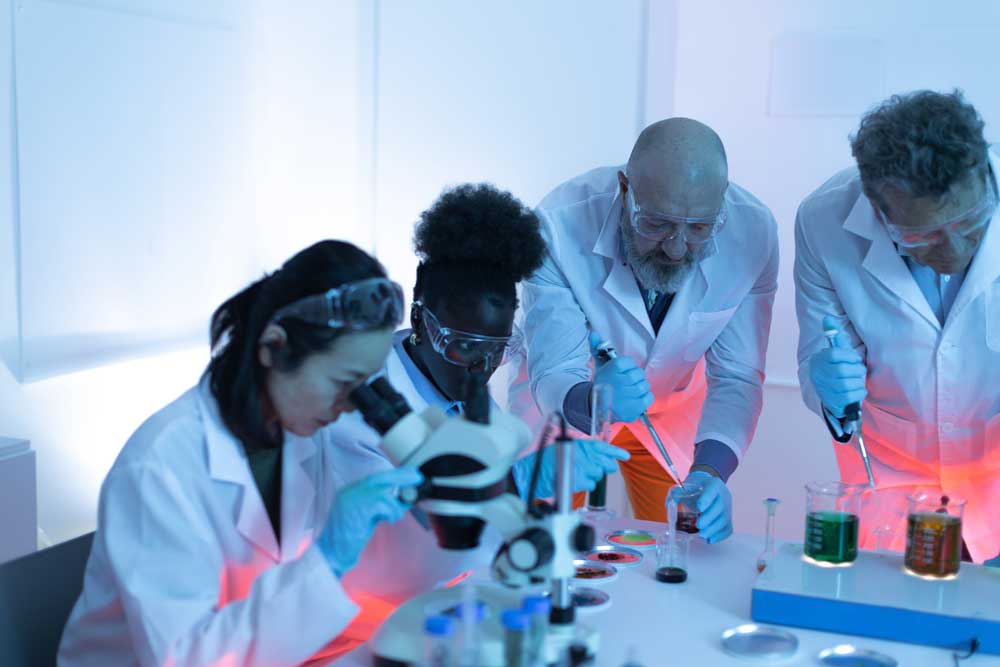Introduction
This essay explores the contentious debate surrounding the impact of science on society, arguing that science has not done more harm than good. From an English studies perspective, this discussion requires a critical examination of texts, historical contexts, and societal narratives that shape perceptions of scientific progress. The essay will first outline the beneficial contributions of science in improving human life, then address the criticisms and perceived harms associated with scientific advancements. Finally, it will evaluate these perspectives to demonstrate that, despite valid concerns, the positive impacts of science arguably outweigh its negative consequences. This analysis draws on academic sources to provide a balanced view, reflecting on the complex relationship between science and humanity.
The Benefits of Scientific Advancement
Science has undeniably transformed human life for the better in numerous domains. Medical advancements, for instance, have significantly increased life expectancy and quality of life. The development of vaccines, such as those for smallpox and polio, has eradicated or controlled devastating diseases, saving millions of lives (Porter, 1997). Furthermore, scientific innovations in agriculture, including genetically modified crops and improved farming techniques, have addressed food security challenges, particularly in developing regions. These achievements highlight science’s role in solving complex global problems.
Beyond health and sustenance, science has enhanced communication and connectivity. The invention of the internet, rooted in scientific research, has revolutionised how information is shared and accessed, fostering global dialogue and education (Castells, 2009). From an English studies perspective, this has also broadened literary and cultural exchanges, enabling diverse voices to be heard. Indeed, while challenges such as digital divides persist, the overarching impact of such technologies remains overwhelmingly positive, providing tools for empowerment and innovation.
Criticisms and Perceived Harms of Science
Despite these benefits, science has faced criticism for its unintended consequences and ethical dilemmas. The development of nuclear technology, for example, while offering potential for clean energy, also led to catastrophic events like the bombings of Hiroshima and Nagasaki in 1945, raising profound moral questions (Rhodes, 1986). Similarly, industrial advancements driven by science have contributed to environmental degradation, with climate change being a pressing concern linked to carbon emissions and deforestation.
Moreover, scientific progress has sometimes outpaced societal and ethical frameworks, leading to debates over issues like genetic engineering and artificial intelligence. Critics argue that such technologies could exacerbate inequalities or undermine human autonomy if misused (Bostrom, 2014). These concerns, often reflected in dystopian literature and media, reveal a cultural anxiety about science’s unchecked power—a theme frequently explored in English studies through works like Mary Shelley’s Frankenstein. However, while these harms are significant, they often stem from human application rather than science itself.
Balancing the Debate
Evaluating the balance between science’s harms and benefits requires a nuanced perspective. Arguably, many of the negative outcomes attributed to science result from political, economic, or social decisions rather than the scientific method or knowledge itself. For instance, the environmental crisis is as much a product of industrial policies as it is of scientific invention. Additionally, science often provides solutions to its own challenges, such as renewable energy technologies combating climate change (Jacobson and Delucchi, 2011).
From an English studies viewpoint, narratives around science—whether celebratory or cautionary—shape public perception and policy. Literature and discourse play a crucial role in mediating these debates, encouraging critical reflection on how science is wielded. Generally, while acknowledging the validity of criticisms, it remains clear that science’s capacity to improve human welfare, when guided by ethical principles, surpasses the harm it has caused.
Conclusion
In conclusion, this essay has argued that science has not done more harm than good, demonstrating through historical and contemporary examples that its contributions to health, communication, and problem-solving are profound. While acknowledging the legitimate concerns about ethical missteps and environmental impacts, it is evident that many harms are tied to human application rather than science itself. The implications of this debate are significant, particularly for shaping future policies and cultural narratives around scientific progress. From an English studies perspective, fostering critical engagement with these issues through literature and discourse remains essential to ensure that science continues to serve humanity’s greater good.
References
- Bostrom, N. (2014) Superintelligence: Paths, Dangers, Strategies. Oxford University Press.
- Castells, M. (2009) Communication Power. Oxford University Press.
- Jacobson, M. Z. and Delucchi, M. A. (2011) Providing all global energy with wind, water, and solar power, Part I: Technologies, energy resources, quantities and areas of infrastructure, and materials. Energy Policy, 39(3), pp. 1154-1169.
- Porter, R. (1997) The Greatest Benefit to Mankind: A Medical History of Humanity from Antiquity to the Present. HarperCollins.
- Rhodes, R. (1986) The Making of the Atomic Bomb. Simon & Schuster.


